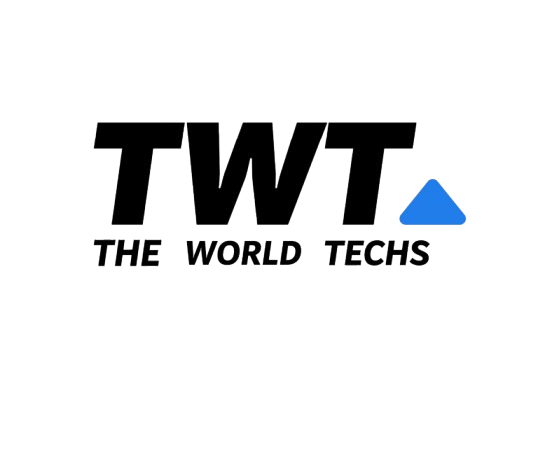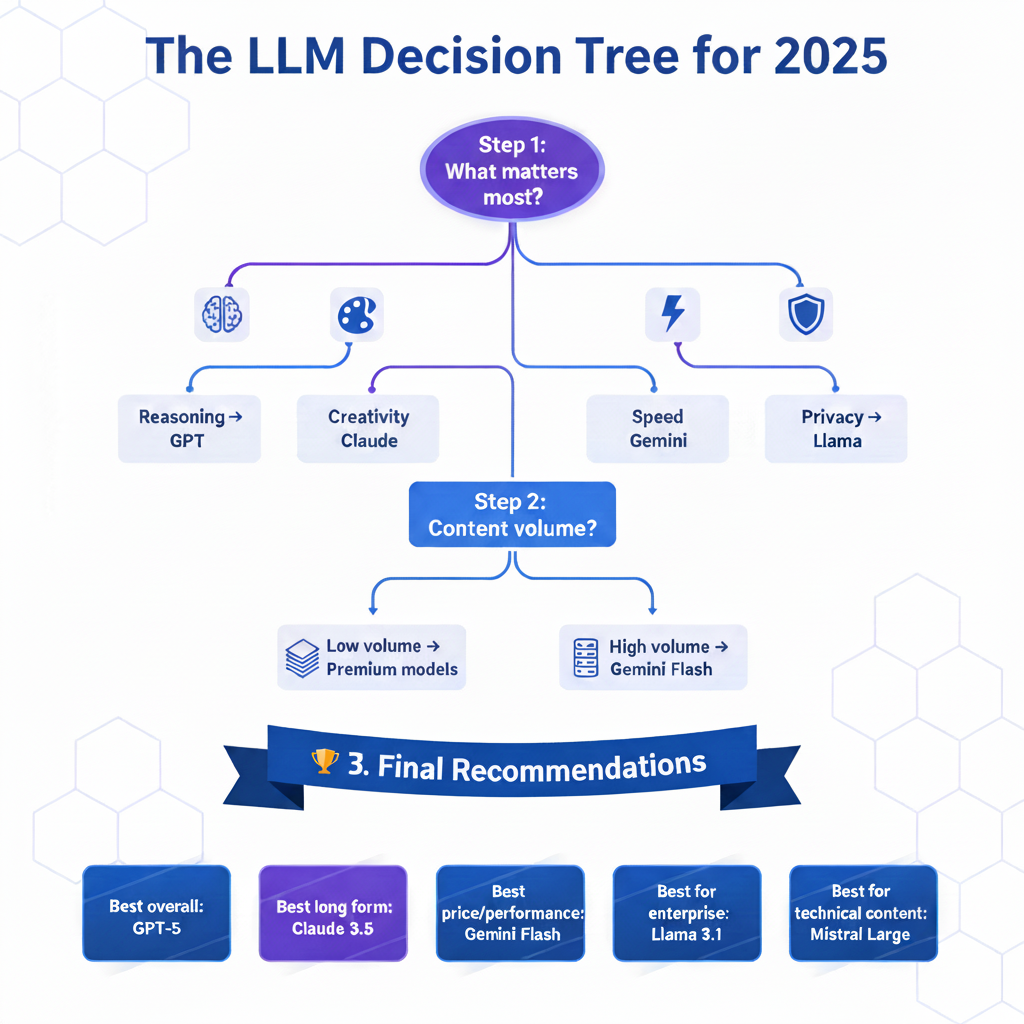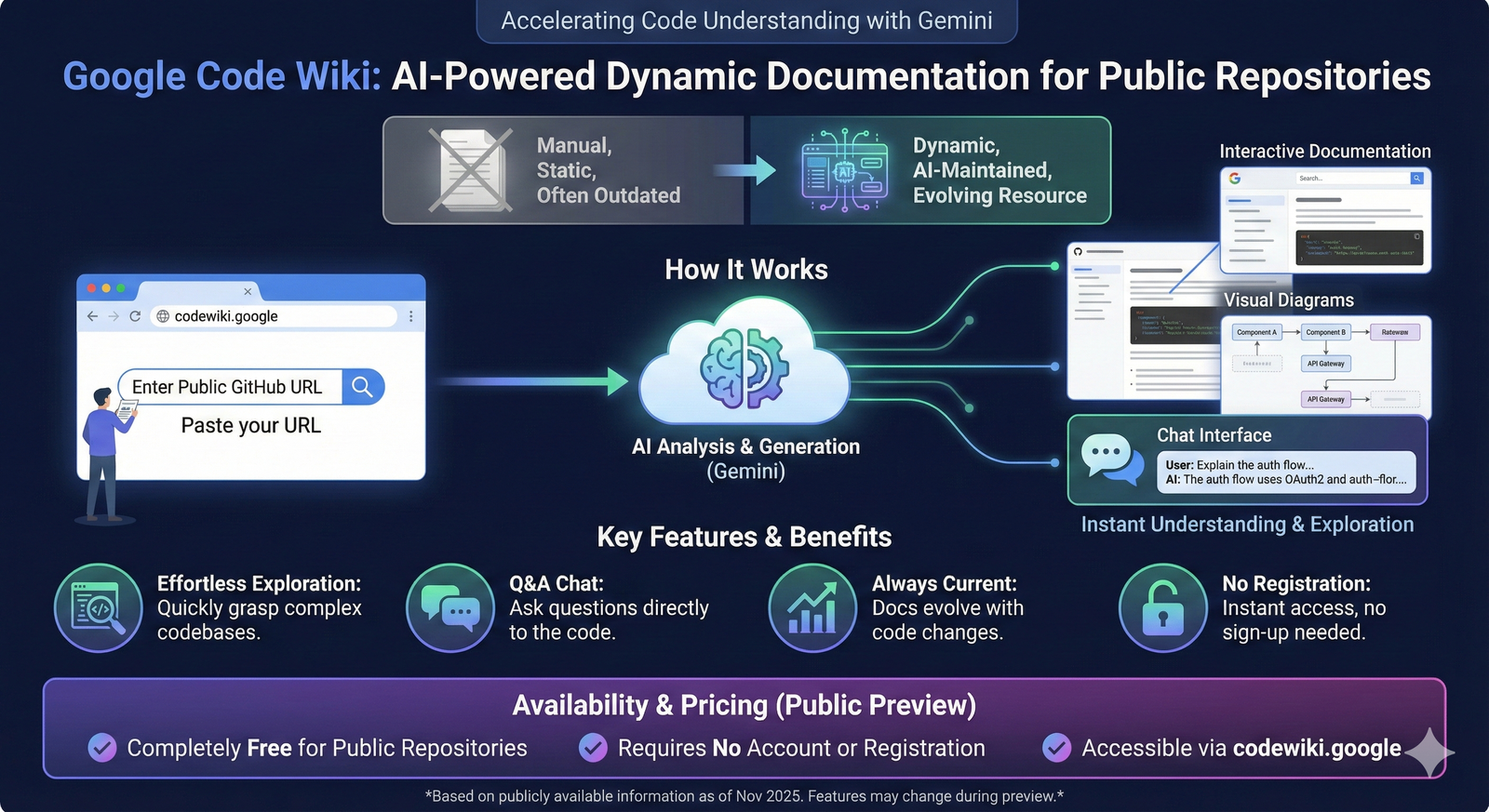Now Reading: The Job Market Impact: A Tale of Two Economies
-
01
The Job Market Impact: A Tale of Two Economies
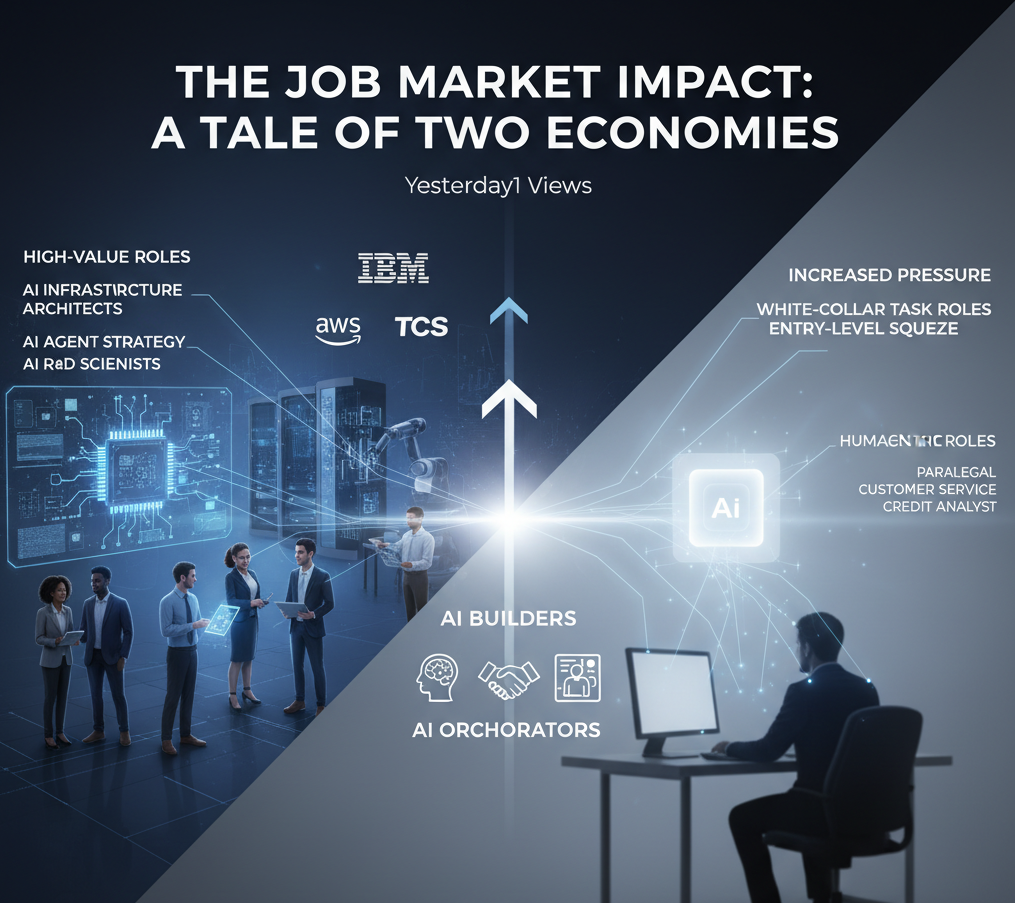
The Job Market Impact: A Tale of Two Economies
The announcements from IBM, AWS, and the massive hiring initiatives from TCS are not just infrastructure news—they are a clear signal for a fundamental change in the global job market. We are entering a period of unprecedented divergence, creating a dual economy of AI builders and AI users.
1. The Creation of High-Value Roles (The Builders)
The shift to on-prem Agentic AI and new global AI hubs is an undeniable job creator, but specifically for highly-skilled roles.
| Driver | New Roles in Demand | Why They are Booming |
| IBM Spyre | AI Infrastructure Architects, Hardware/AI Engineers, MLOps Specialists (Secure) | Enterprise clients need experts to integrate high-speed AI chips into secure mainframe environments without compromising stability or compliance. |
| AWS Quick Suite | AI Agent Strategy Consultants, Prompt Engineers, AI Workflow Designers | Companies need people to translate complex business processes into multi-step, natural language workflows (“Quick Flows”) for the AI agents to execute. |
| TCS AI Experience Zone | AI R&D Scientists, Design Thinking Consultants, AI/ML Engineers | The creation of new innovation hubs (like the one in London) drives direct hiring to staff client-facing design and development projects. (TCS alone announced 5,000 new UK jobs focused on digital and AI skills). |
2. Increased Pressure on White-Collar Task Roles (The Displaced)
The primary impact of Agentic AI is on repeatable, rules-based white-collar tasks. While mass unemployment is still a remote threat, job disruption is immediate.
- The Entry-Level Squeeze: Studies show that firms highly exposed to Large Language Models (LLMs) are significantly reducing entry-level vacancies. AI agents are now performing initial data analysis, report generation, and first-draft coding—tasks previously assigned to junior analysts or recent graduates.
- High-Exposure Roles: Expect automation to accelerate in areas like: Paralegal/Administrative Assistants, Customer Service Representatives, Credit Analysts, and certain lower-level Computer Programming and Accounting functions.
- The Productivity Paradox: The goal is not to eliminate jobs, but to make a few highly-skilled workers vastly more productive, which means the overall headcount growth in these task-based departments may flatten or decline.
3. The Mandate to Reskill: The Only Sustainable Path
The core takeaway for every professional is not fear, but urgency. The job market is no longer divided by industry, but by skill set:
- AI Builders: Those who code and train the models.
- AI Orchestrators: Those who design the workflows and write the high-level strategy (Prompt Engineers, AI Product Managers).
- Human-Centric Roles: Jobs that require high empathy, physical presence, complex negotiation, or profound creative/ethical judgment (e.g., advanced healthcare, sales, C-suite leadership, trades).
The integration of sophisticated AI agents means that your future job security depends on your ability to work alongside AI, or to perform a job that the AI fundamentally cannot do.
